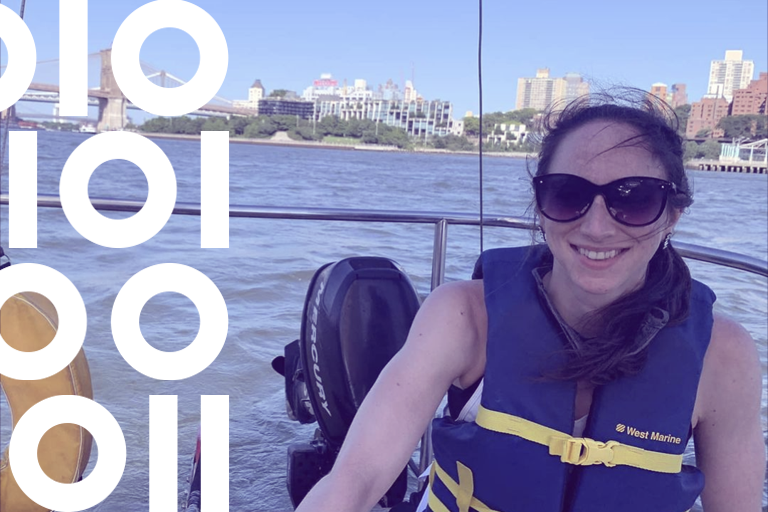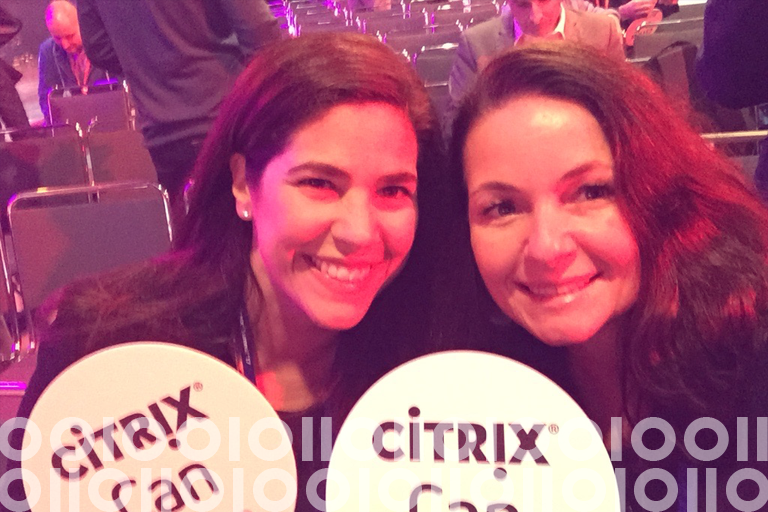The Precisely Women in Technology (PWIT) program was first established to create a space for women in the organization to come together. As the program has evolved throughout the years, more and more resources have become available to women such as mentorship opportunities on both sides; fireside chats with leaders; a book club; and, much more. Each month, a member from the network is selected to participate in a Q&A to share more about her experience as a woman in technology. Continue reading to learn more about Elizabeth Cutrone, Director, Data Science, and how her career has grown over the last six years.
Why did you choose to pursue a career in technology?
I followed my interests by first, studying neuroscience in college because I was curious about how our brains generate thoughts and experiences out of billions of tiny electrical impulses. In graduate school, I focused on the field of computational vision science, researching how the brain processes data from the eyes to allow us to see and understand the world. Eventually, I decided to get into data science so that I could apply some of the same techniques for drawing conclusions from data, but in a business setting, using real-world data.
Who has been your greatest professional mentor? What’s one thing you have learned from them?
When I joined PlaceIQ, my first manager basically shepherded me from academia into industry, which is no small task. You have to learn to work quickly to get to the point, rather than thoroughly researching every possible solution. You also have to consider the costs and benefits of increasing complexity rather than just the objective gains in accuracy. But the most important thing I learned was to constantly seek out collaboration. Now that I’m a manager, I’ve found that encouraging communication between data science and other groups often leads to great and unexpected projects. It broadens our team’s impact and gives individuals the chance to work on a variety of different problems with different collaborators.
What’s the biggest risk you took in your career? What was the reward?
I’m not a big risk-taker, but occasionally circumstances do conspire to push me to take a big step—this happened about two years ago, when my then-manager left the company, and I was promoted to lead the team. It was a big challenge, and still is, but the most rewarding part for me is to be able to champion my team’s work in different settings. I love being able to translate technical work into a narrative that a wider audience can understand. It’s a great feeling to see people learn something new, while also getting to highlight my colleagues’ accomplishments.
As a woman, what challenges have you faced in the technology industry? How have you overcome them?
As a white woman with an American passport and an advanced degree, I’ve been lucky to face relatively few obstacles. I try to focus on leveraging this privilege to promote the ideals of diversity and equity, and to promote the work of other women and people of color.
Careers and Culture
We help market leaders make better decisions and build new possibilities. Want to join the team? Find out about working with us and our current openings.
What’s the best advice you’ve ever been given? How do you apply it to your personal and professional life?
For my professional life: always ask for more. For my personal life: always ask how much more you can give.
What’s one piece of advice you’d offer to younger women entering the industry?
Confidence is powerful, so you should not only speak confidently, but also question your perception of other people. You don’t need to be intimidated by people who seem to know all the answers just because they might be speaking the loudest. On the other hand, you should be sure not to overlook the more unassuming voices who might have a lot of wisdom.
As a successful woman in technology, what’s one thing you do to pay it forward and advocate for other women in the field?
I try to watch out for and counteract unacknowledged biases—including my own—whenever I have influence; whether it’s during the hiring process, a management meeting, or even a group email thread. The least I can do once I have a spot at the table is to keep asking myself who else should be there but isn’t, or who’s already there but not speaking up.
Learn more about us on our Careers and Culture page.







